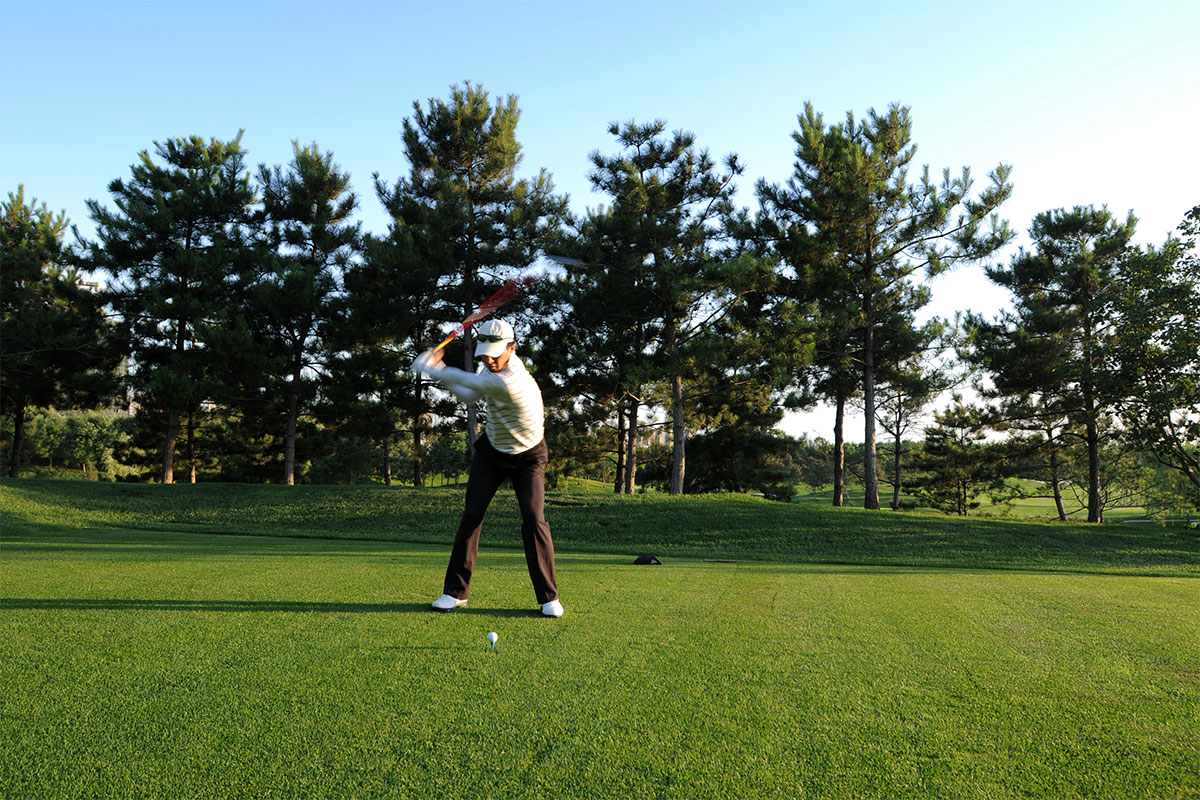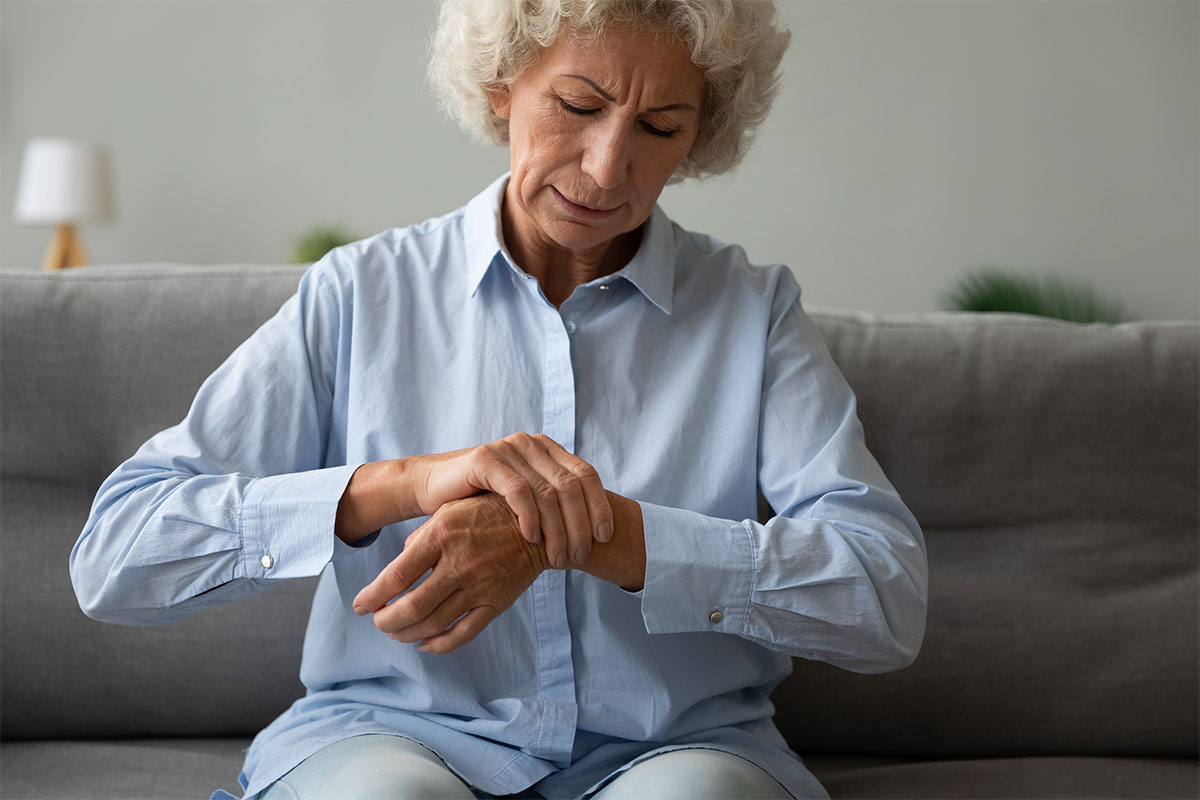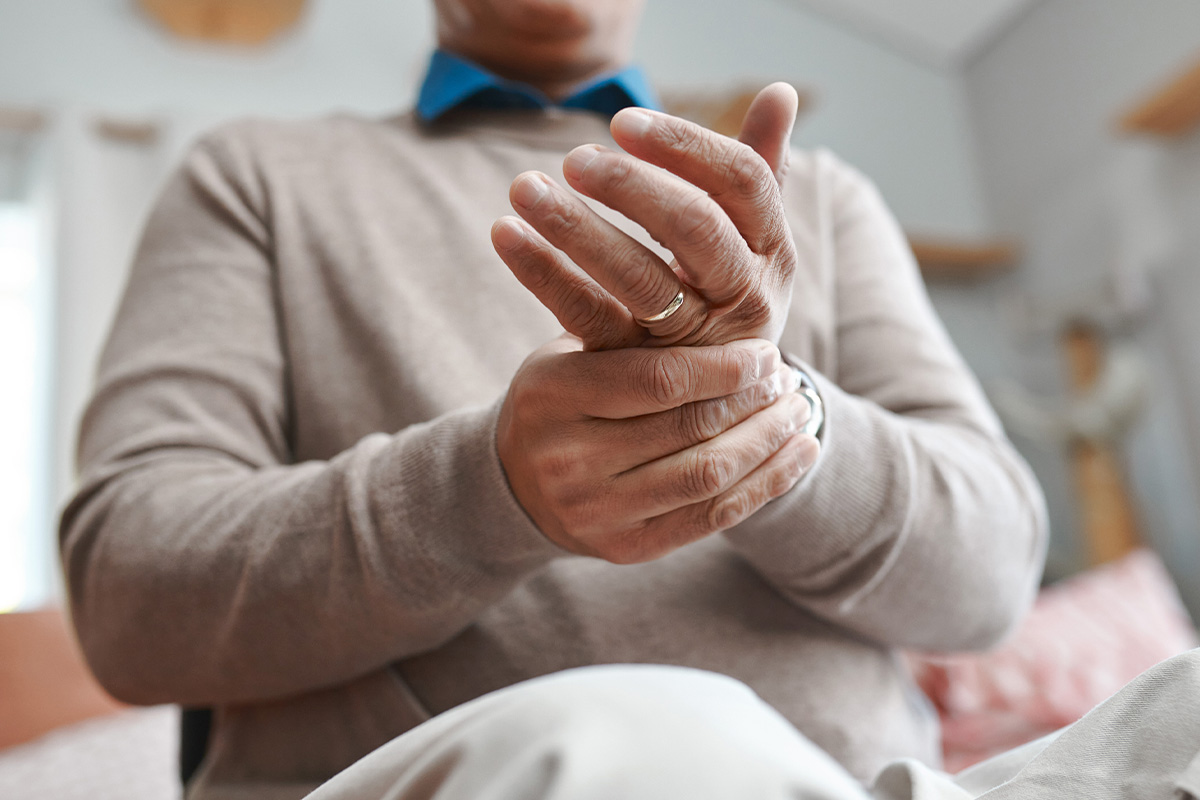Platelet-rich plasma (PRP) injections use your body’s own healing platelets to repair injured tissues and reduce pain. Dr. Dipan Patel, our board-certified interventional pain physician, offers this natural, minimally invasive treatment for joint pain, tendon injuries, arthritis, and sports-related conditions. PRP injections can help restore function without surgery.
Stimulate Natural Healing in Damaged Tissues
PRP (platelet-rich plasma) injections are a regenerative treatment that harnesses the healing power of your own blood. A small sample is drawn, processed to concentrate platelets, and then injected into the injured or painful area. These platelets release growth factors that stimulate tissue repair, reduce inflammation, and promote healing. Dr. Patel uses PRP injections in Parsippany-Troy Hills to treat joint pain, tendon injuries, arthritis, and sports-related conditions. Because the treatment uses your own blood, PRP offers a safe and natural way to restore mobility.

Benefits of Platelet-Rich Plasma Injections:
- Use your body’s own platelets for safe, natural healing
- Reduce inflammation and pain without relying on medications
- Accelerate recovery from sports injuries and chronic conditions
- Promote long-term tissue repair and regeneration
- Support improved mobility and joint function
- Minimally invasive treatment option
What Do PRP Injections Treat?
PRP (platelet-rich plasma) injections treat painful musculoskeletal conditions by using your body’s own platelets to repair damaged tissue, reduce inflammation, and promote healing. This therapy is especially effective for injuries that have not fully healed on their own and for chronic pain that limits your mobility or daily function. Many patients choose PRP injections in Parsippany-Troy Hills as a safe, non-surgical way to restore long-term function.
Some of the common symptoms and conditions PRP injections can help with include:
- Persistent joint pain from arthritis or injury
- Stiffness and swelling that limit movement
- Chronic tendon injuries, such as tennis elbow
- Sports-related muscle or ligament strains
- Degenerative conditions causing a gradual loss of mobility
Am I a Candidate for PRP Injections?
PRP (platelet-rich plasma) injections are ideal if you are looking for a natural, minimally invasive alternative to surgery for musculoskeletal pain. It is especially suitable for patients with arthritis, tendon injuries, or sports-related conditions. However, individuals with bleeding disorders, active infections, or certain blood conditions may not be good candidates. During your consultation, Dr. Patel will conduct a thorough evaluation to determine your candidacy for PRP injections.

What Happens During PRP Injections?
During your PRP procedure, a small amount of blood is first drawn from your arm, similar to a blood test. This blood is then placed in a centrifuge, a machine that spins rapidly to separate and concentrate the platelets and growth factors from the rest of your blood components.
The resulting platelet-rich plasma is carefully prepared into a sterile syringe for injection. Next, Dr. Patel injects the concentrated PRP into the area causing pain, such as a joint, tendon, or ligament. This is often guided by ultrasound. You may feel some pressure, but the procedure is generally well-tolerated and requires little downtime. Over the following weeks, the PRP works to stimulate natural tissue repair, reduce inflammation, and improve your function.

Are There Any Risks With PRP Injections?
PRP is considered very safe as it uses your own blood, thereby reducing the risk of allergic reactions or disease transmission. The most common side effects include temporary swelling, stiffness, or mild pain at the injection site. Serious complications are rare, but Dr. Patel uses ultrasound guidance to ensure precise placement and minimize risk.
How Long Does It Take to Notice Results From PRP?
The healing process stimulated by PRP is a gradual one. Most patients begin to notice improvements in pain and mobility within 4 to 6 weeks; however, the full benefits often appear after 2 to 3 months, as tissue repair progresses. Since PRP works by enhancing natural healing, the results vary depending on the severity of your condition and your overall health.

How Many PRP Treatments Will I Need?
The number of PRP injections needed depends on the condition being treated. For mild injuries or early arthritis, one to two treatments may be sufficient. More chronic or advanced issues may require a series of three sessions spaced several weeks apart. Dr. Patel will create a personalized plan based on your specific needs and treatment goals.
Why Choose Dr. Patel for PRP Injections?
Dr. Dipan Patel is a double board-certified interventional pain physician specializing in advanced, minimally invasive treatments for joint and spine conditions. He offers innovative solutions, such as PRP injections in Parsippany-Troy Hills, to promote natural healing and long-term relief. By focusing on non-surgical, regenerative techniques, Dr. Patel helps you restore mobility and improve quality of life without unnecessary downtime. Schedule your consultation to learn if PRP injections are right for you in Morris County, NJ.